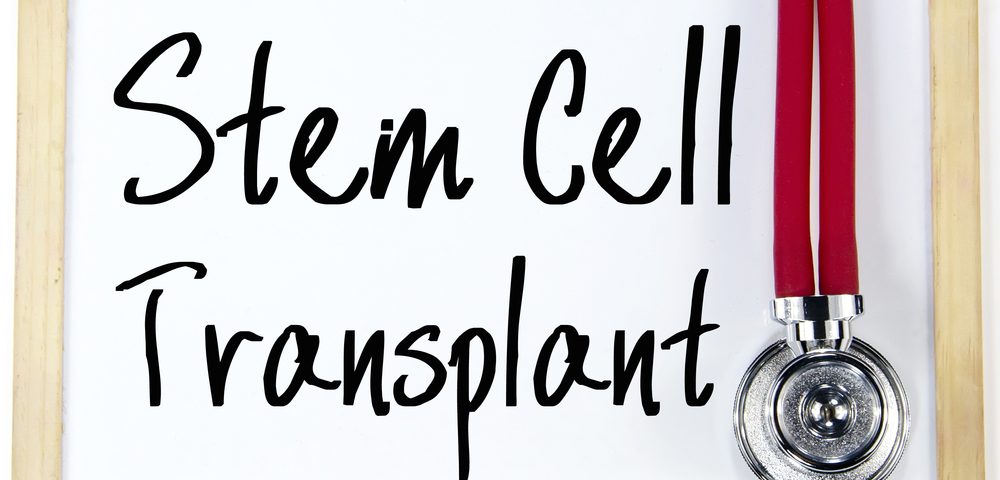Bristol-Myers Squibb‘s arthritis medicine Orencia (abatacept) has been named Breakthrough Therapy by the U.S. Food and Drug Administration for the prevention of acute graft-versus-host disease (GvHD) in patients who received a stem cell transplant from an unrelated donor, the company has announced.
The designation intends to accelerate the development and review process of medicines that could treat serious or life-threatening conditions. It is given when preliminary evidence supports significant benefits of the new therapeutic candidate compared to available treatments.
Stem cell transplantation is an effective treatment for people with advanced blood cancers, such as lymphoma. However, finding biologically-matched donors is difficult, and receiving cells from unmatched donors can have adverse side effects, such as GvHD.
GvHD occurs when the transplanted donor cells recognize the recipient’s cells as potential threats and attack healthy tissues and organs. Currently, no approved therapies are available that are specific for this potentially life-threatening condition affecting up to 40% of people who undergo stem cell transplants from unrelated donors.
“While ideally, we prefer using fully matched transplants from a sibling for the treatment of hematologic cancers, only the minority of patients have such a sibling,” Leslie Kean, MD, study lead investigator and director of the Stem Cell Transplantation Program, Dana Farber/Boston Children’s Cancer and Blood Disorders Center, said in a press release.
“A therapy that lowers the risk of GvHD in unrelated stem cell transplants would potentially allow more patients to receive a transplant, which typically is the last option to treat hematologic cancers after other therapies have been used unsuccessfully.”
Orencia binds to and inhibits proteins that activate T-cells — the cells that trigger the response against recipient tissues in GvHD. Thus, it also inhibits the adverse reaction.
The FDA designation was granted based on the results from an investigator-initiated Phase 2 clinical trial (NCT01743131), supported by Bristol-Myers Squibb, that assessed if adding Orencia to standard preventive treatment, consisting of calcineurin inhibitor and methotrexate (CNI/MTX), decreased the incidence of GvHD in blood cancer patients undergoing stem cell transplant.
The results of the study were compared to data from a national database of matched patients who received two conventional GvHD treatments: CNI/MTX, or CNI/MTX plus anti-thymocyte globulin (+ATG).
The study showed that 3% of patients receiving Orencia experienced severe acute GvHD, compared to 32% in the CNI/MTX group and 22% among those in the +ATG group. Importantly, the treatment did not cause more infections or increased the incidence of relapses.
Orencia was also associated with some survival benefits, with 79% of patients receiving this treatment remaining alive and disease-free for more than one year, versus 50% for the CNI/MTX group and 63% for the +ATG group.
Additionally, 85% of those on Orencia were alive one year after the transplant, whereas 57% of those who took CNI/MTX and 68% of those on the +ATG group survived that long.
“We are excited about the potential of Orencia to improve outcomes for patients receiving unrelated stem cell transplants. We believe the data could lead to an expansion of the donor pool for stem cell transplants in some patient populations where fully matched unrelated donor transplants have rarely been available,” said Brian Gavin, PhD, development lead of Orencia at Bristol-Myers Squibb.
“We look forward to working with the FDA and making Orencia the first approved therapy for the prevention of acute GvHD.”


